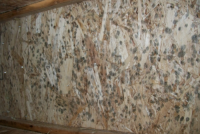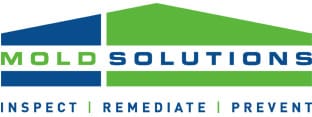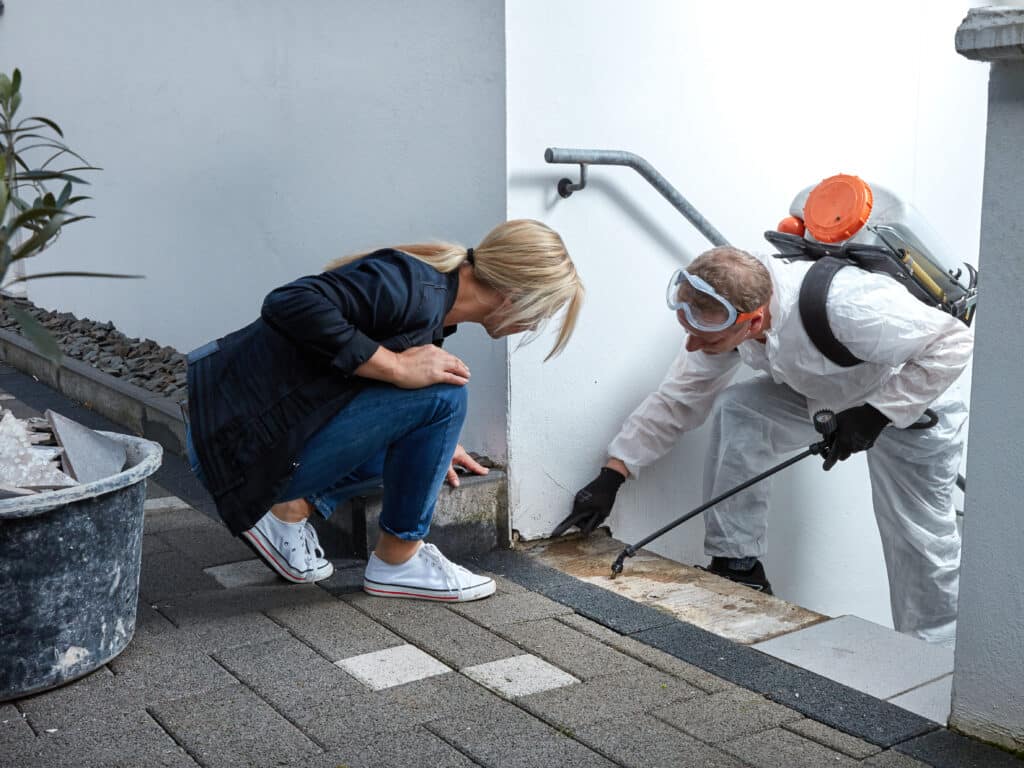Why is Mold Exposure Dangerous?

It’s the mold growing under your sink, in your attic or crawl space, hidden in dust or maybe out of sight within your walls, that can cause you harm.
How does mold get started?
Mold lives on organic materials such as paper, fabric or wood. These materials, along with moisture and a cool, humid temperature provide everything mold needs to live, grow and reproduce.
Mold is a natural part of our environment, and has an important job to do…outside, where it breaks down and helps dead things, such as leaves and wood decompose. If it would remain outside, there would be no danger.
The problem occurs when the mold begins to reproduce and send off microscopic spores into the air. These spores enter our homes and other buildings whenever we open a door or a window and whenever we or our pets enter. There is really no way to keep them out, which is not a problem unless they find the conditions we have spoken of above to start living, growing and reproducing.
What is the danger of mold growth in your house?
Aside from the fact that mold will destroy walls, clothing, furniture and carpet if left unremediated, mold can be dangerous to your health. It doesn’t affect everyone the same, but some people are at great risk from mold exposure.
Although, infrequently, mold can be absorbed through the skin, but typically, mold spores enter our bodies as we breathe. They find their way into the warm, moist areas of our nasal passages, our lungs and other areas of our respiratory system, causing such symptoms as:
Symptoms similar to cold, flu or allergies
- Respiratory problems – especially for those who already have asthma and other respiratory weakness
- Sore throats
- Tired and achy muscles
- Skin rashes
- Headaches
- Fatigue
The very young, the elderly and those already suffering with respiratory or autoimmune problems are at the highest risk.
Unexplained illness, musty smells or or stains on walls or ceilings can be clues that you might have a mold problem.
If you have any reason to believe you have mold growing in your home, remember how dangerous it can be to your health, and hire professionals to come and assess the situation, and remediate it in a safe and thorough way.

 Symptoms similar to cold, flu or allergies
Symptoms similar to cold, flu or allergies








